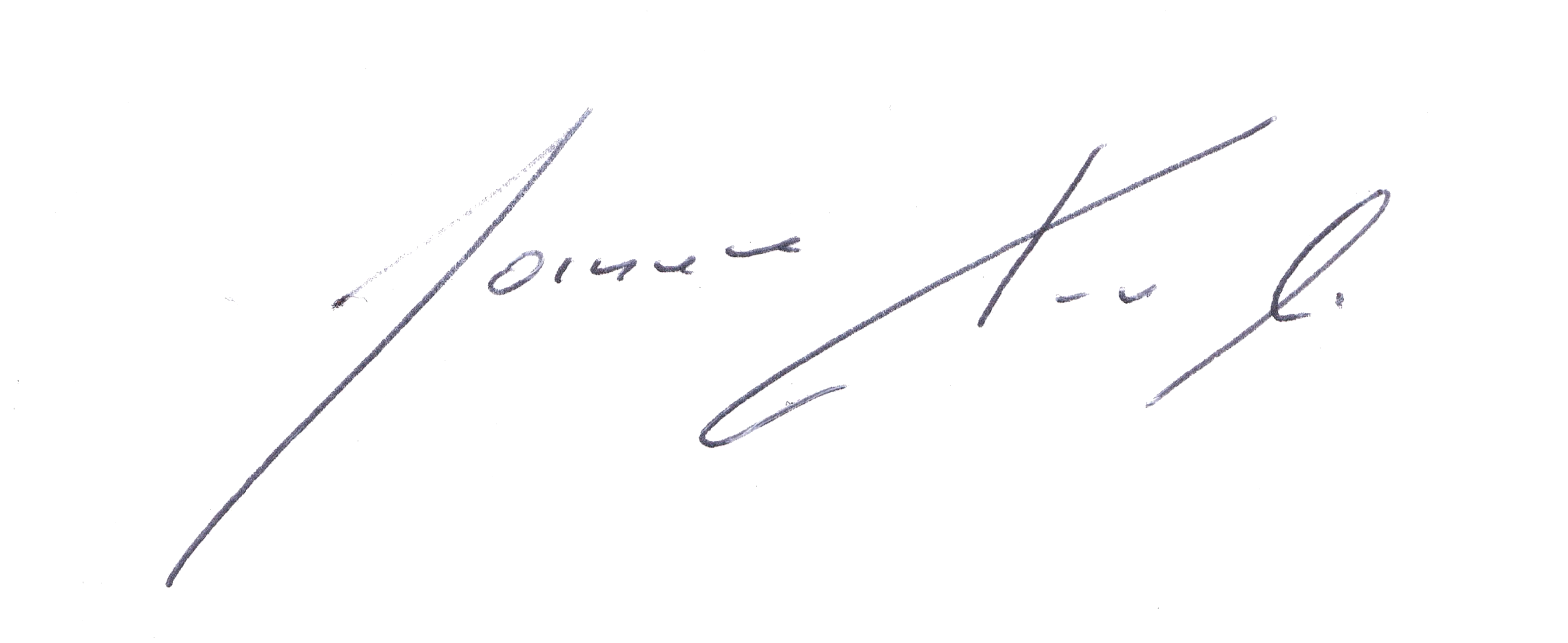He was the director of the Department of Combatants and Victims of Repression, a member of the democratic opposition to communist rule in Poland during the People’s Republic of Poland and the principal editor of “Spotkań”.
Born on 9 May 1951 in Lublin, he graduated with a degree in History from the Catholic University of Lublin. From the 1970s he worked in the democratic opposition and co – founded the underground publishing movement. He initiated the successful resistance to the introduction of the Socialist Union of Polish Students at the Catholic University of Lublin. Between 1977 and 1988 he was the chief editor of the independent, non-censored, underground journal Spotkania („Meetings”). he was repeatedly subject to repression and persecution by the communist authorities for his commitment to the work of the opposition . During the period of martial law in Poland he was interned.
On 21 January 1983 he was seized and taken to Kampinos Forest by functionaries of the communist secret police under the command of Captain Grzegorz Piotrowski (also responsible for the murder of Father Jerzy Popiełuszko). He was then burnt with caustic acid (a mixture of phenol and lysol) as a result of which he sustained first and second degree burns.
At the beginning of the 1980s, he was a coordinator of the History department of Solidarity. He became an expert of the extraordinary (parliamentary) committee of the Sejm charged with examining the effects and consequences of martial law in Poland of the early 1980s. In the 1990s he was a director of the publishing house Editions “Spotkania”. Between 1993 and 2000 he was also the executive director of the publishing house „Krupski i S-ka”. From 2000 until 2006 he was the vice-president of the Institute of National Remembrance (Instytut Pamięci Narodowej). On the 19 May 2006 he became the director of the Department of Combatants and Victims of Repression.
From 1976 he was an honorary member of the Club of Catholic Intellectuals, and in 2006 he co-founded the Association of Large Families.
He died on 10 April 2010 in the Polish Air Force Tu-154 crash near Smolensk, Russia. On 16 April 2010 Janusz Krupski was decorated posthumously with the Grand Cross of the Order of Polonia Restituta
He died on 10 of April 2010 en route (on the way) to the anniversary celebration of the Katyń massacre. Exactly one year previously, on 10 of April 2009, on Good Friday, he had taken part in the same celebration in Katyń, organized by the Department of Combatants and Victims of Repression in cooperation with the Sejm. In this sacred place for Polish people he said, “We embrace the huge crowd of Polish people and Polish citizens, who suffered and died with Christ on this inhuman ground. However, we know that after Good Friday comes Easter Sunday, that evil is not all omnipotent and Poland exists eternally – democratic and independent. We remember all these people who suffered and died on behalf of Poland.”
